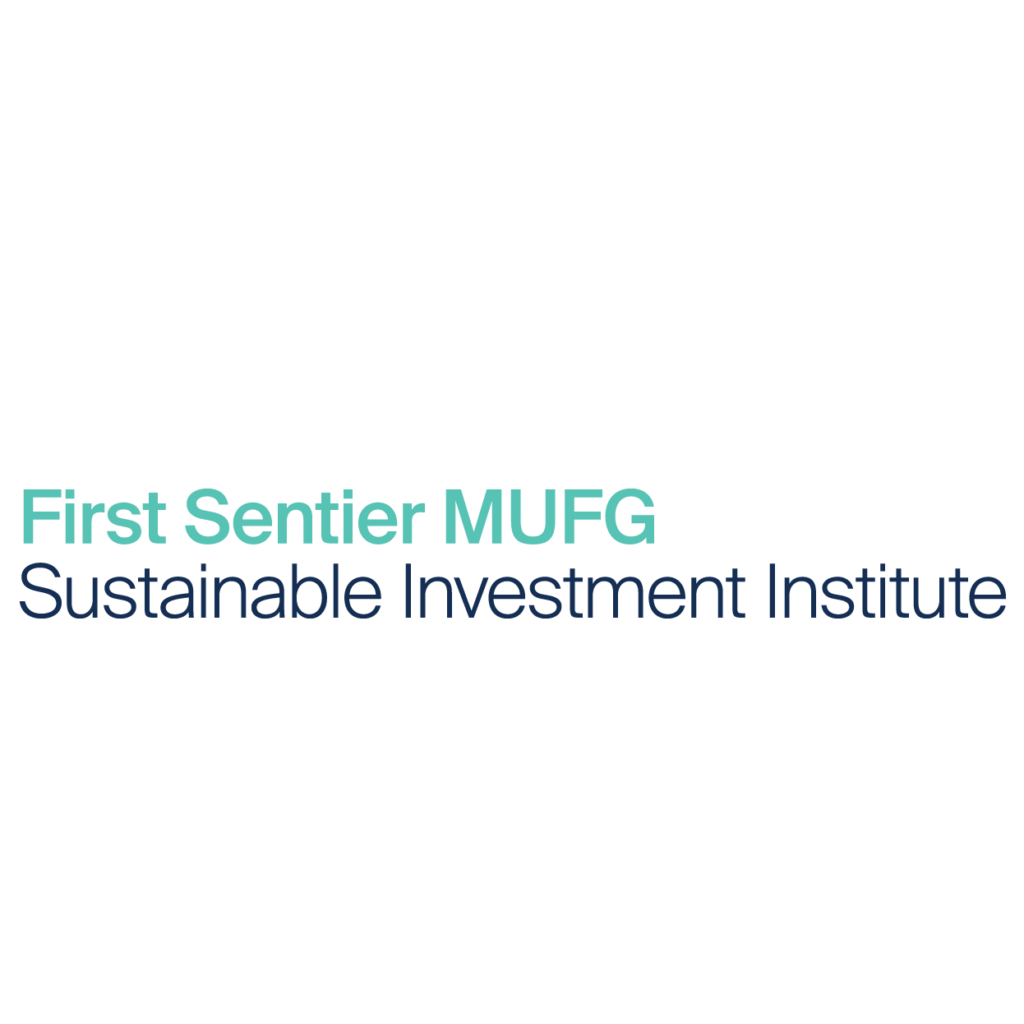Climate change affects everyone on the planet. Climate related decisions are still often taken by a fairly narrow demographic of decision makers, however. The result, some would argue, is that climate outcomes from the activities of investors, corporations and governments are not being attained in either the most effective or equitable way.
For many investors, the topic of Diversity, Equity and Inclusion (DEI) forms a key parts of their stewardship practices, as a potential driver for better organisational and employee cultures. So does it follow therefore that the effectiveness of climate outcomes can also be improved with the greater incorporation of diversity in decision making processes and impact outcomes?
Some of the work done in this area seems to suggest so. According to a 2020 Bloomberg (BNEF) paper , corporations with a proportion of 30% or more women on their boards showed a positive correlation with better climate governance and innovation in the global electric utilities, oil and gas, and mining sectors.
Another study by the European Central Bank (ECB) found that banks with more than 37 percent female directors had around 10 percent lower lending volumes towards companies with higher pollution rates and a 1% rise in female managers correlated with a 0.5% reduction in CO2 emissions.
So why not look at Diversity, Equity and Inclusion (DEI) as a strategic driver for the changes that we need to enact to enable the transition investors globally have committed to? In transition industries, operational change and new mindsets are key not only in implementing climate and net zero targets, but also in the success of the transformative business models they are powered on.
Furthermore, climate change can have a disproportionate impact on women and some minority groups. For example, the UN estimates that women make up 80% of people displaced by climate change,and are 14 times more likely to die in a natural disaster than men.
Whilst the Paris Agreement recognised gender equality as a critical element in 2015, progress has been slow in recognition and implementation. This has led to calls for a more diverse approach to climate across the board. For example, Women’s Environmental Leadership Australia (WELA) has called for a variety of measures to improve gender representation in this area, including bringing an active gender lens to Australian climate and environmental policy‐making.
With high interest in the energy transition amongst diverse populations, particularly younger generations and women, new industries developing around decarbonisation have the potential to provide a reset in terms of both the demographics and the culture of the existing fossil-fuel focused energy industry.
The energy sector has long-standing gender disparities within its workforce, management, and remuneration. According to the IEA, the sector has a lower proportion of female employees compared to other industries, a bigger average gender wage gap, and shows female employees mostly concentrated in lower-wage firms and occupations. They are also more likely to leave the industry compared to men.
The Clean Energy Council (CEC)’s Women in Renewables program has been around for 10 years. The CEC reports thatthe clean energy sector has approximately 39% female representation in its overall workforce. This can be contrasted with 23% in the Australian oil and gas industry and 16% in the coal industry.
These local statistics are also reflected in global numbers. While clean energy is experiencing significant growth (job numbers increasing from 7.3 million in 2012 to 13.7 in 2022 globally), men continue to hold the prevalent proportion of these roles. According to 2019 data from renewables trade body IRENA however, women constitute 32% of the renewable energy workforce overall, which is a markedly larger share compared to oil & gas (22%).
The transformational changes brought on the sector by the decarbonisation imperative, and the gradual shift towards more sustainable economic models, offer a chance to embed a more effective approach to DEI.
Investors can influence the role that DEI plays in the transition of high-emitting sectors by encouraging the enhancement of investee climate reporting through the inclusion of “Just Transition” elements and relevant diversity metrics related to workforces and to impacted communities. Policy-wise, a priority will also be to ensure that diverse populations and First Nations groups can actually access climate finance.
Of course many investors have recognised the importance of DEI, and have separately participated in climate targets for their firms. Many still don’t recognise how DEI can support climate goals, however, and how climate risks and goals impact diverse populations. Incorporating a broader, more inclusive lens stands to benefit all stakeholders in the long run. -Can global climate goals ever really be reached without the evolution of such a worldview?
The IGCC Summit reflects the climate finance industry’s inherent diversity. Last year 60% of Summit speakers were female, and the topic of gender diversity was addressed directly in a panel session entitled ‘How women have been core to climate finance’. This trend has continued into 2024, with the speaker lineup including 58% women, and a keynote address from Stan Grant addressing topics including global affairs and indigenous rights. We look forward to seeing you there!
By
Sudip Hazra, Director, First Sentier MUFG Sustainable Investment Institute
 Sudip Hazra is Director of the First Sentier MUFG Sustainable Investment Institute, which publishes research on a variety of ESG thematics relevant to investors, corporates and the sustainability community. He has led teams at the forefront of sustainable investing, covering regulatory changes such as the EU SFDR, global engagement practices, Net Zero implementation and broad ESG integration. His thematic reports have been regularly shortlisted for the City of London Farsight awards and his study “Tax me if you can: Game over” previously won the prize for best long-term oriented investment research. Results in this paper are taken from broader work done by the First Sentier MUFG Sustainable Investment Institute into the topic of climate and diversity. Read more…
Sudip Hazra is Director of the First Sentier MUFG Sustainable Investment Institute, which publishes research on a variety of ESG thematics relevant to investors, corporates and the sustainability community. He has led teams at the forefront of sustainable investing, covering regulatory changes such as the EU SFDR, global engagement practices, Net Zero implementation and broad ESG integration. His thematic reports have been regularly shortlisted for the City of London Farsight awards and his study “Tax me if you can: Game over” previously won the prize for best long-term oriented investment research. Results in this paper are taken from broader work done by the First Sentier MUFG Sustainable Investment Institute into the topic of climate and diversity. Read more…
and
Duncan Paterson, Director of Investor Practice, Investor Group on Climate Change
 As Director of Investor Practice, Duncan takes on executive responsibility for accelerating climate-aligned investment throughout the membership, and ensuring members are well-equipped with leading tools and knowledge in the rapidly evolving sector. His 25 years in the sector has included being ISS ESG’s global Head of ESG Thought Leadership Program, founding and leading Australian-based ESG services provider CAER, serving as chair of the Responsible Investment Association of Australasia (RIAA), and co-chairing a Technical Working Group in the Australian Sustainable Finance Initiative (ASFI’s) initial Roadmap process.
As Director of Investor Practice, Duncan takes on executive responsibility for accelerating climate-aligned investment throughout the membership, and ensuring members are well-equipped with leading tools and knowledge in the rapidly evolving sector. His 25 years in the sector has included being ISS ESG’s global Head of ESG Thought Leadership Program, founding and leading Australian-based ESG services provider CAER, serving as chair of the Responsible Investment Association of Australasia (RIAA), and co-chairing a Technical Working Group in the Australian Sustainable Finance Initiative (ASFI’s) initial Roadmap process.